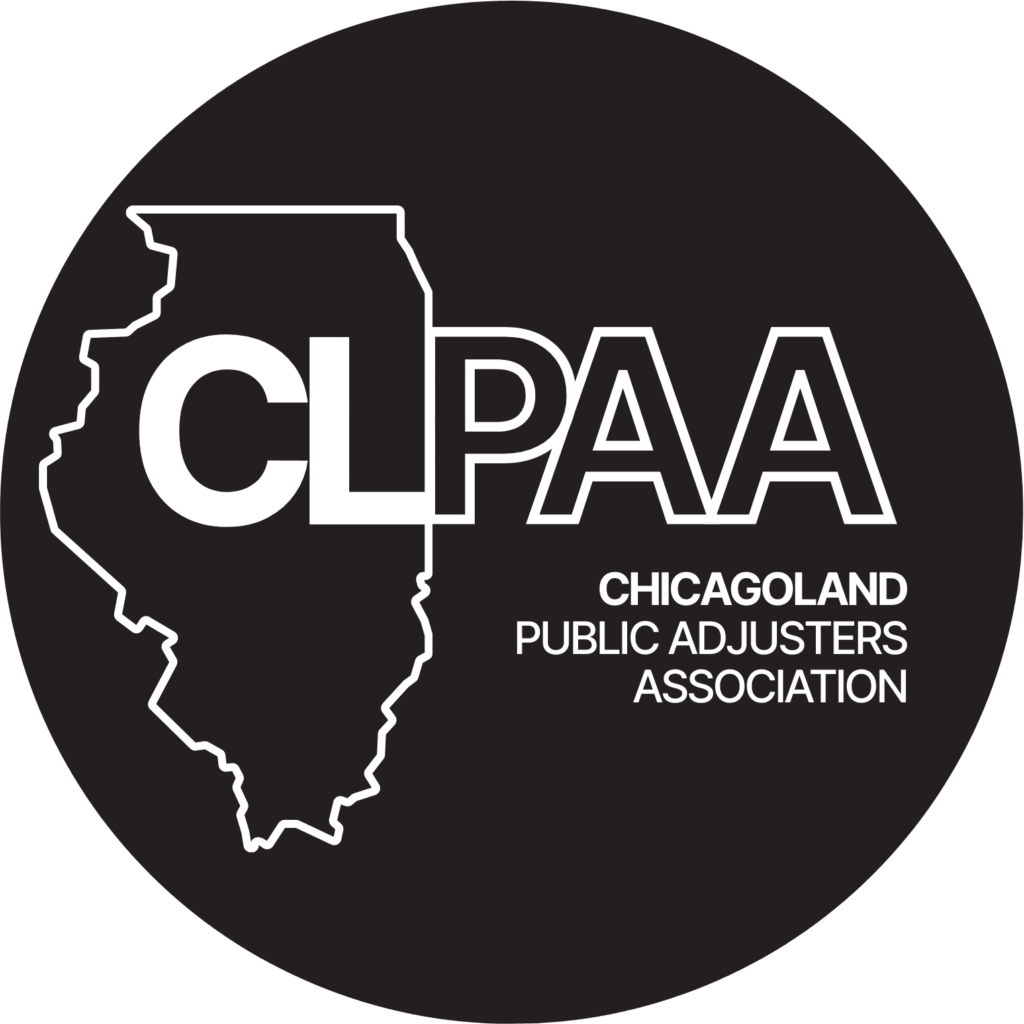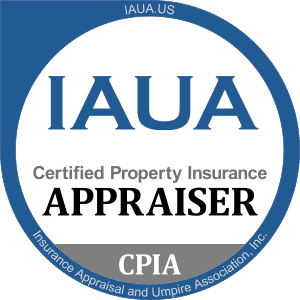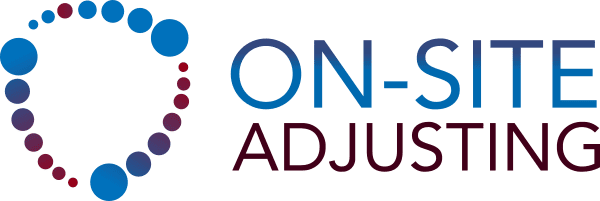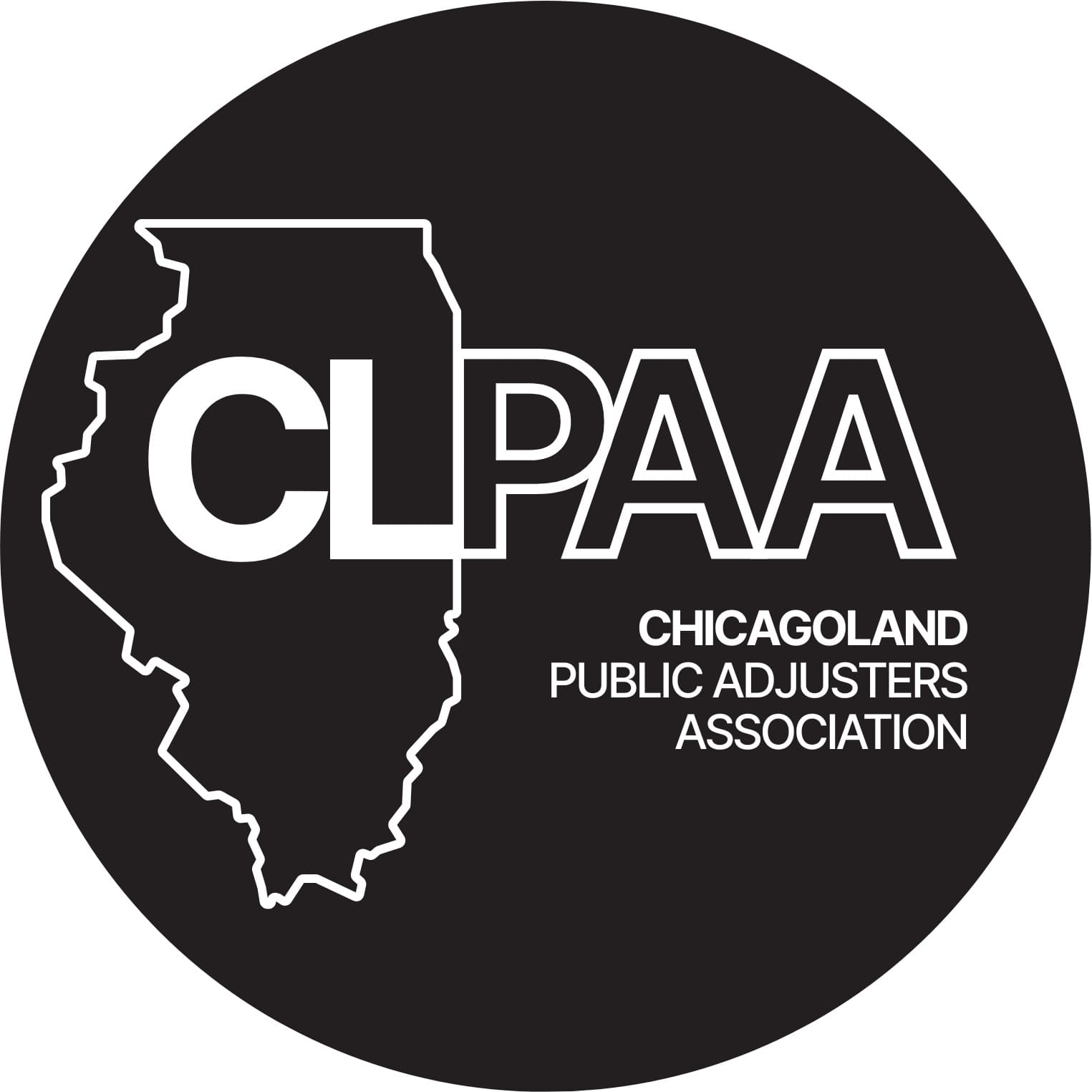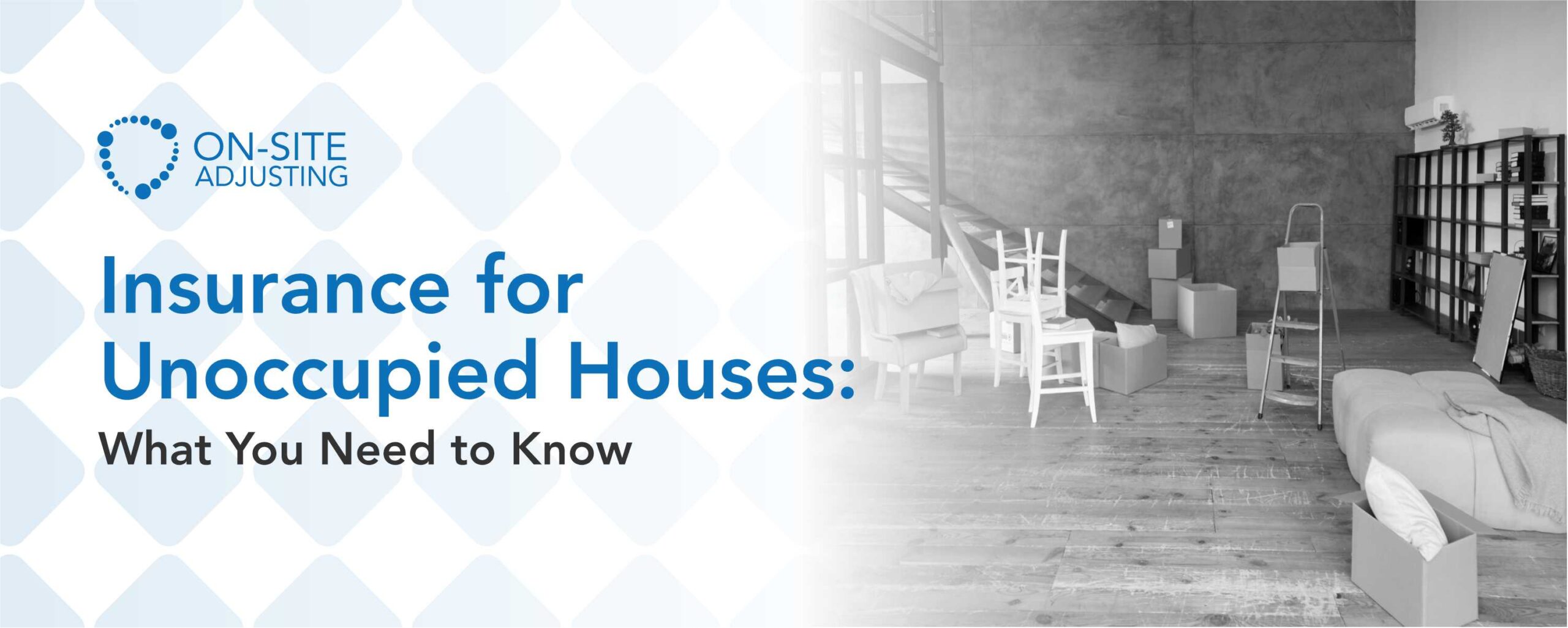
Owning a home will always be a significant investment. This is why one needs to ensure its protection, especially when it’s unoccupied. Unoccupied home insurance offers specialized coverage that standard homeowners insurance does not. To fully understand whether your current policy covers unoccupied houses, contact a public adjuster. Public adjusters provide invaluable guidance and clarity during the claims process.
In this article, you will learn the importance of unoccupied home insurance. You will also get to see how it differs from regular homeowners insurance. Finally, we will take you through the claims process and what to expect.

Why Is Unoccupied Home Insurance Important?
When you leave a house unoccupied, it becomes more susceptible to various risks. These include regular risks such as theft and vandalism. However, issues such as damage from natural elements or system failures also happen. Regular homeowners insurance typically does not cover these risks if the property is vacant for an extended period. This period is usually 40 to 60 days at a stretch. Unoccupied home insurance fills this gap. It provides coverage tailored to protect your vacant property. This specialized insurance is crucial for safeguarding your investment. You should consider unoccupied home insurance when you’re travelling for an extended period. It is also necessary when you are selling the house, or maintaining a secondary property.
How Does Unoccupied Home Insurance Differ From Homeowners Insurance?
Insurers design standard homeowners insurance for occupied residences. Thus, that type of insurance usually covers personal property, liability, and structural damage. However, when a person leaves their home unoccupied, the risk profile changes significantly. Insurers perceive higher risks of issues going unnoticed, thus leading to more severe damage and higher claim costs.
Unoccupied home insurance addresses these unique risks by offering coverage that regular policies may not. This includes protection against theft, vandalism, and specific types of damage more likely to occur in an empty house. The premiums for unoccupied home insurance are generally higher due to the increased risks, but the comprehensive protection it offers is invaluable for vacant properties.
Feeling stuck with your claim? You don’t have to fight alone.
Reach out to us — we will review your claim for free and help you understand your options
What Does Unoccupied Home Insurance Cover?
Unoccupied home insurance provides extensive coverage. Insurers tailor this coverage to the unique risks that vacant properties face. Here’s a detailed look at what it typically includes:
Theft and Vandalism
An unoccupied home is a prime target for burglars and vandals. This insurance covers damage or loss resulting from such activities. For instance, thieves may break in and steal appliances, or vandals may damage windows and doors. In this case, the policy will cover the repair and replacement costs.
Fire and Water Damage
Empty homes are at higher risk of fire and water damage, as issues can go unnoticed and worsen over time. For example, a small leak can turn into a significant water damage issue if not detected promptly. Unoccupied home insurance covers the costs associated with repairing such damages. This ensures restoration of the property to its original condition.
Weather-Related Damage
This includes damage from storms, floods, hail, and other natural events. For instance, if a storm causes a tree to fall on the house, the insurance will cover the cost of removing the tree and repairing the damage to the structure.
Liability Coverage
If someone suffers an injury on your vacant property, unoccupied home insurance can cover legal expenses and medical costs. For example, if a trespasser gets injured while on your property and decides to sue, the policy will cover the associated costs.
What Are Unoccupied Home Insurance Exclusions?

While unoccupied home insurance offers comprehensive coverage, it also has exclusions. Understanding these exclusions can help you manage expectations and plan accordingly:
Intentional Damage
Any damage caused intentionally by the homeowner or with their consent is not covered. For instance, if you demolish part of the house without proper authorization or planning, your insurer will not cover the resulting damage.
Normal Wear and Tear
Gradual damage due to aging or neglect is not covered. This exclusion emphasizes the importance of regular maintenance to keep the property in good condition.
Maintenance Issues
Problems arising from lack of maintenance, like mold growth or pest infestations, are typically not covered. For example, if mold develops due to a leak that wasn’t fixed, your policy will likely exclude the costs for mold remediation.
Acts of War or Terrorism
Most insurance policies, including unoccupied home insurance, exclude damages caused by acts of war or terrorism. This exclusion is standard across the insurance industry.
How To Reduce the Cost of Unoccupied Home Insurance
Unoccupied home insurance can be more expensive due to the higher risks involved. However, there are several strategies to help reduce the cost:
Install Security Systems
Implementing security measures can significantly lower the risk of theft and vandalism. Examples are alarms, surveillance cameras, and motion sensors. Insurers often offer discounts for homes equipped with advanced security systems.
Regular Inspections
Arrange for someone to inspect the property regularly, whether it’s a neighbor, friend, or property manager. Frequent check-ins can catch potential issues early. This prevents them from escalating into costly repairs.
Maintain the Property
Ensure the property is well-maintained even when unoccupied. This includes regular lawn care, cleaning gutters, and addressing minor repairs promptly. A well-kept property is less likely to suffer severe damage and can lead to lower premiums.
Combine Policies
If you have multiple insurance policies with the same provider, bundling them can often lead to discounts. For instance, combining your unoccupied home insurance with auto or life insurance might reduce overall costs.
Shop Around
Don’t settle for the first quote you receive. Compare prices and coverage options from different insurers to find the best deal. Each company has its own criteria for determining premiums, so shopping around can lead to significant savings.
How to File a Claim for Unoccupied Home Insurance

Filing a claim for unoccupied home insurance involves several steps to ensure you receive the coverage you’re entitled to. Here’s a detailed guide on the process:
Hire a Public Adjuster
A public adjuster should be the first person you consult when you decide to file a claim. This is because public adjusters are highly skilled at navigating the claims process. They also handle the entire process on your behalf. This means that you will avoid pitfalls and maximize your settlement.
Document the Damage
As soon as you notice any damage, document it thoroughly. Take clear photos and videos from different angles. Detailed documentation helps substantiate your claim and provides the insurer with a clear understanding of the extent of the damage. You can also ask your public adjuster to handle the documentation for you.
Contact Your Insurer
Notify your insurance company immediately. Most insurers have a specific time frame within which you must report the damage. Provide them with all the necessary details, including the date, time, and cause of the damage (if known).
Complete Claim Forms
Your insurer will provide claim forms that you need to fill out accurately. Ensure all information is correct and complete. This is because any errors or omissions can delay the processing of your claim.
Meet with the Insurance Adjuster
The insurance company will likely send their adjuster to inspect the damage. Be present during this inspection to answer any questions and provide additional information if needed. The adjuster’s report plays a crucial role in determining the payout amount.
Receive Payout
Once your insurer has approved the claim, they will issue a payout to cover the repairs or replacements. Review the settlement carefully to ensure it covers all necessary expenses. If you have any disputes or concerns, discuss them with your insurer promptly.
Conclusion
Unoccupied home insurance is a critical safeguard for protecting vacant properties from unique risks. Therefore, as a homeowner, it is important that you understand your coverage details. You should also be aware of any exclusions. More importantly, you should always liaise with a public adjuster before taking any steps on your insurance claim. This will afford you peace of mind and ease throughout your claims process.
Not sure how to go about your unoccupied house insurance claim? Give On-Site Adjusting a call today. As a first-timer, you are entitled to a free consultation where our experienced public adjusters will take a look at your case.

